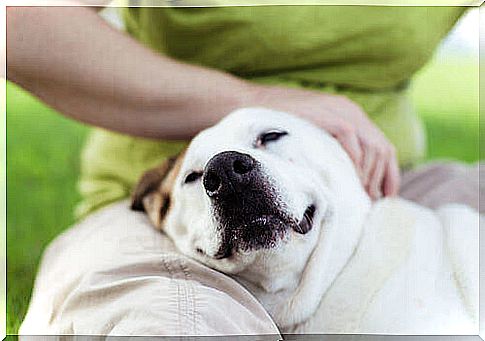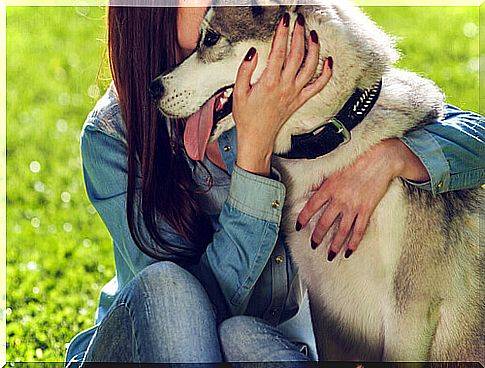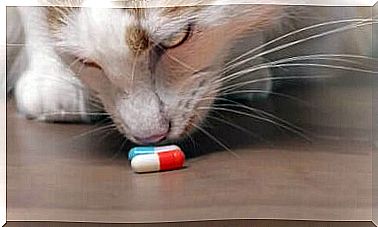The Benefits Of Petting The Dog

Have you ever felt better when you have your dog next to you? If the answer is yes, we confirm that this is exactly what happens. Spending quality time with a dog, cat or other animal can have a positive impact on people’s mood and health. In this article we will discover together the benefits of petting our dog.
According to American psychologist Alle R. McConnell, a professor at the University of Miami, the spiritual status of people living with one animal tends to be higher than that of others. Especially when the relationships with the animal are of quality, a factor generally linked to circumstances of space, noise, etc.
One of the aspects generally common to all dog owners is the increased level of physical activity, since taking care of an animal involves going out for a walk, playing indoors or in the park.
In addition to this, however, dogs show their affection, especially when they are stroked frequently, and this is an additional element of benefit for the health of the owner. Let’s see some reasons together:
They improve heart health
One of the factors that leads dog owners to enjoy strong heart benefits, in addition to spending a more active life, is the habit of stroking and talking to their dog. In fact, relieving yourself in this way helps reduce blood pressure.
Also, owners of dogs who have suffered a heart attack or who are suffering from some heart abnormality live better and enjoy better health than those who, on equal terms, do not have dogs.
They reduce stress
It is believed that one of the greatest benefits of petting animals is related to reducing the level of stress.
Petting your dog will make you feel much better, especially if you suffer from depression. It will help your body release “relaxing” hormones and greatly reduce stress.
It also seems that this type of physical contact favors the reduction of the degree of stress in the animals themselves, as well as favoring the bond between you and improving your coexistence.

Relationships with others improve
Animals, especially dogs, can be of great help to socialize. This is not only due to the fact that people tend to converse with others during walks, and to schedule meetings to let their pets play together.
The fact of petting dogs stimulates a reflection on the sense of responsibility and protection towards another living being. Since the dog depends entirely on its owner, its physical integrity will depend totally on the man.
Physical contact helps strengthen the relationship between dog and person, to the point of resembling the relationship of love one feels towards one’s children. This contact has a positive impact on the way men integrate into society.
Other benefits of having a pet at home
The mood improves
People who have an animal at home are generally happier, have more self-confidence and are less lonely than those who do not have one. They also suffer less from minor ailments (such as head, back or stomach pain).
One of the reasons behind this is linked to the great sense of belonging and the strong meaning that pets represent for people. Being totally dependent on us, we feel responsible for something important.

Benefits for the immune system of children
Infants raised in households with pets are generally less prone to allergies and asthma, scientific studies have shown.
However, for this to happen, contact must begin from an early age, preferably before the baby is 6 months old. Additionally, babies raised alongside dogs or cats suffer less from colds and ear infections throughout their first year of life.
Support for children with socialization difficulties
Children with autism tend to develop better interaction skills with classmates when they have a pet at home. The phenomenon further increases with the presence of animals in the classroom, as the educational environment will undergo a transformation, and children with interaction difficulties will be able to integrate better.
Image courtesy of slowdevil.








